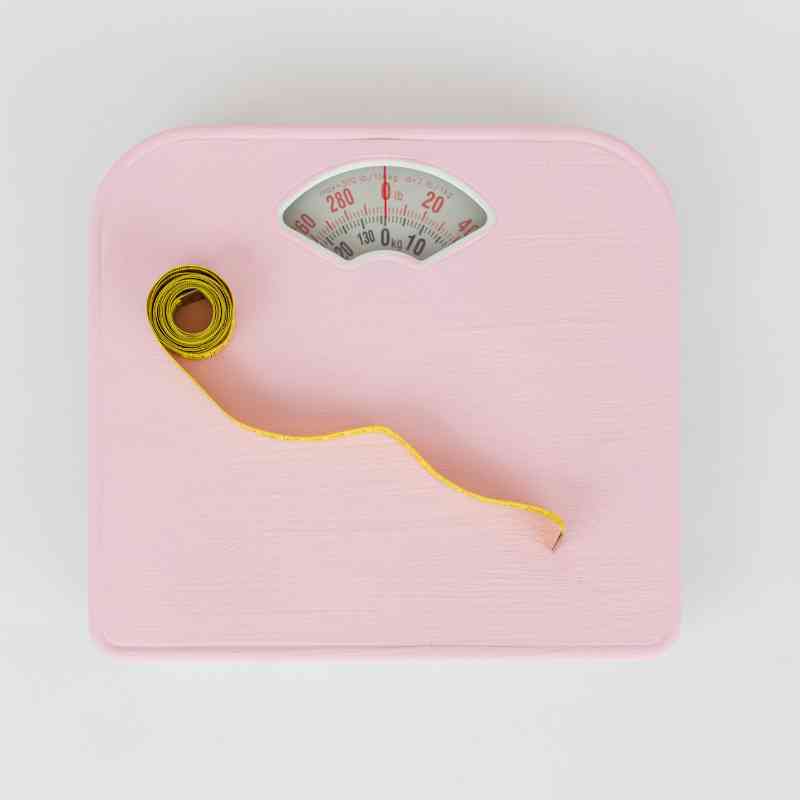Do you jump on the scale first thing in the morning? Do you weigh yourself daily or even a few times a day? If yes, there is a possibility that you place too much of your identity in what you weigh or look like, which can lead to yo-yo dietiting or disordered eating. Focusing on weight as a primary measure for health does more harm than good. Better measures are fitness and having a healthy diet.
Many of us have been taught that to be thin is to be healthy, weight is only about calories in and calories out and that if people had more restraint, they would be thinner, healthier, and happier. We see it in movies, books and social media that somehow being in a bigger body means a person is greedy, lazy and a glutton. Unfortunately, the society is in many ways set up to make being in a thinner body easier – more clothing choice, more likely to get job promotions, easier to find a partner and living stigma free.
From an early age, children are given the message on tv and movies that thin is beautiful and desirable and villains are round and heavy. With the increase in social media, Snap chat and Instagram, people have become more obsessed with outward appearance. By the time we are adults it is firmly entrenched in our thinking, that big is bad and trim is terrific. The diet and weight loss industry is a multibillion-dollar industry, which continues to perpetuate this toxic belief in society.
Why is it harmful to be striving to be thin or to lose weight? It can lead to reducing food intake significantly and to the point where you aren’t receiving enough calories for the body to thrive. The brain will then send the signal to the body that you are in deprivation or starvation conditions. The brain needs to send this signal so your body can adapt to preserve your life. What does the brain do? It reduces your metabolism; the body will adjust to use less calories. It does this by slowing the heart rate, slowing digestion, and cooling body temp. You may begin to struggle with poor sleep, poor concentration, and an increased preoccupation with food.
Have you ever started a “diet” and began to think about food more? even counting down the minutes until you are “allowed to eat again”? This is your brain urging you to eat. Despite what the weight loss industry tells you, most people will not lose significant amounts of weight with calorie restriction due to this reduction in metabolism and genetics. In fact, due to genetics, your mind and body will make sure you get back up to the weight you were prior to calorie restriction and even add some more weight. Why? So that next time you go through a famine you will be better prepared. It really depends on your genetics regarding how your body responds to calorie restriction, some lose a lot of weight, but get physically sick or develop disordered eating. Most of us do not lose much weight with calorie restriction.
Being focused on weight and body shape often leads to the diet cycle. It starts with dieting (calorie deficit) leads to the metabolism slowing down to ending the diet and returning to normal eating, which results in weight gain and the cycle begins again. It results in weight cycling, discouragement, frustration and wasted effort. Weight and body composition focus is ultimately demotivating.
What really matters for health is cardiovascular fitness that is fuelled appropriately and with adequate rest. To enjoy food and to enjoy exercise and to live a life that matters to you.
For more info
Gaudiana, J. (2022, Jan 22nd). Weight inclusivity & rejection of diet culture.
https://www.youtube.com/watch?v=E2isludJPnM





